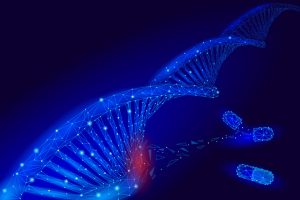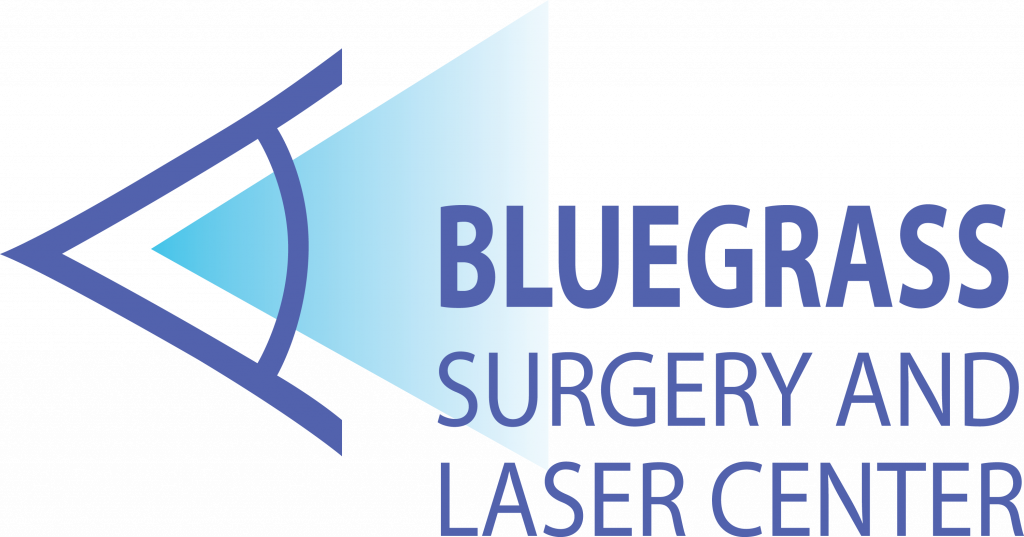Replacing Enzyme May Be a New Macular Degeneration Treatment

A new study at the University of Virginia suggests gene therapy could offer new age-related macular degeneration (AMD) treatments for wet AMD and dry AMD.
What Causes Age-Related Macular Degeneration? (AMD)
Macular Degeneration (AMD) is a leading cause of vision loss and affects more than 10 million people in the United States. This is more than glaucoma and cataracts combined. AMD is caused by the breakdown of the center of the retina, the part of the eye that sends images to the brain through the optic nerve. The middle of the retina is called the macula, and it is responsible for central vision. It provides the ability to read, drive, decipher color, recognize faces and see details in objects.
According to the Centers for Disease Control and Prevention, AMD incidence is expected to double from 48 million to 88 million in the next 30 years.
What are the Types of AMD
AMD is divided into two basic types: wet and dry. Wet AMD comprises about 15 to 20 percent of cases, and the symptoms can often be treated with eye injections. The majority of AMD is dry, and there is no treatment for this variety of the disease.
Gene Therapy Reverses AMD in Mice
Researchers are hopeful that new macular degeneration treatments for wet and dry AMD could be available in the near future. Brad Gelfand of the University of Virginia’s Center for Advanced Vision Science successfully treated age-related macular degeneration in mice. Gelfand discovered the absence of an enzyme called Dicer could initiate both forms of macular degeneration. Dicer levels reduce with age, and the loss of Dicer causes an overgrowth of blood vessels in the retina. Using gene therapy, Gelfand restored Dicer in the mice and found it reversed AMD.
“We weren’t really satisfied with just one system,” Gelfand explained. “We actually got a different model that had originated from a totally different lab, in Japan, and found the same exact thing. Then we went back to some of our old models where we had gotten rid of Dicer and found the same exact thing.”
Further testing will determine the effectiveness and safety of this new macular degeneration treatment.
“It’s not as if this is the final answer to the problem, but it’s certainly a big step along the way,
hopefully… It certainly solidifies the idea that wet and dry AMD share a lot of mechanisms” said Gelfand.
It will take years to develop a new macular degeneration treatment based on Dicer. However, Dicer has the potential to be the premier treatment for dry AMD.
Know Your Risk for AMD
Risk for AMD increases with age, especially in individuals 55 years of age and older. Genetics also play an important role, as well as race. Caucasians are at a higher risk for AMD compared to Latinos and African Americans. Certain lifestyle choices like smoking also increase likelihood of AMD.
Call Your Ophthalmologist
Although currently, there is not a cure for AMD, you can reduce your risk or slow the progression of the disease by visiting your ophthalmologist once a year for a comprehensive eye exam. Healthy lifestyle changes like exercising, eating a balanced diet, avoiding smoking and wearing sunglasses that offer 100 percent UVA and UVB protection can help prevent degenerative eye diseases. Make an appointment today with your eye doctor to talk about ways you can support your vision health.
